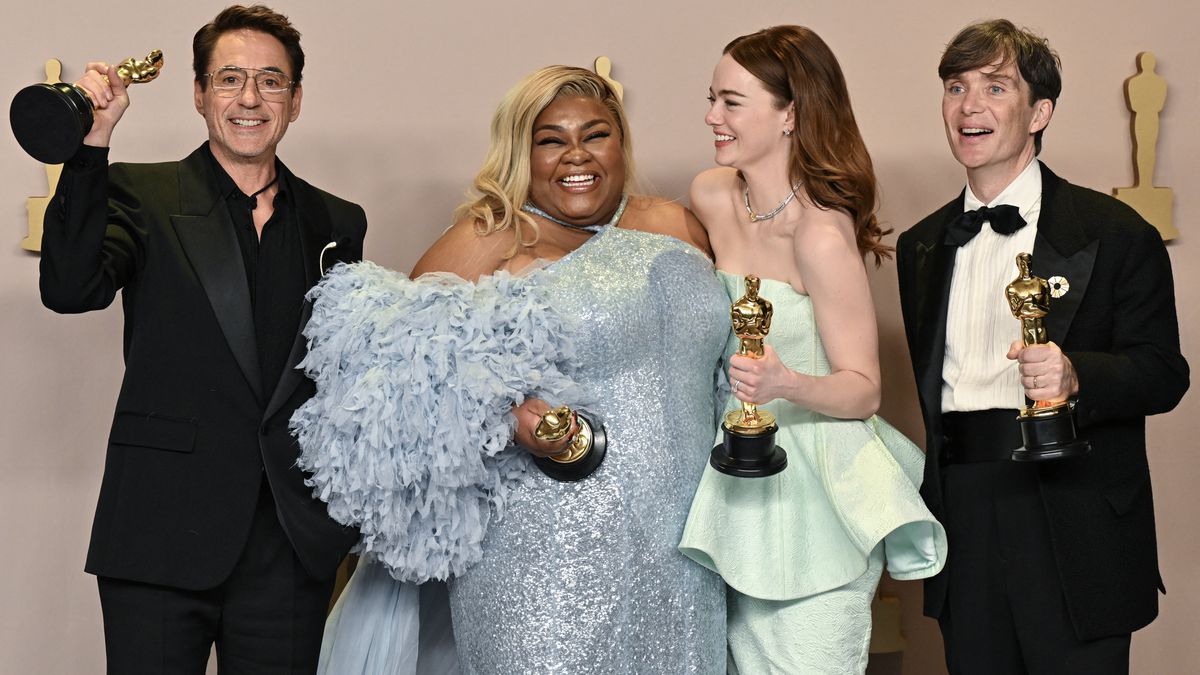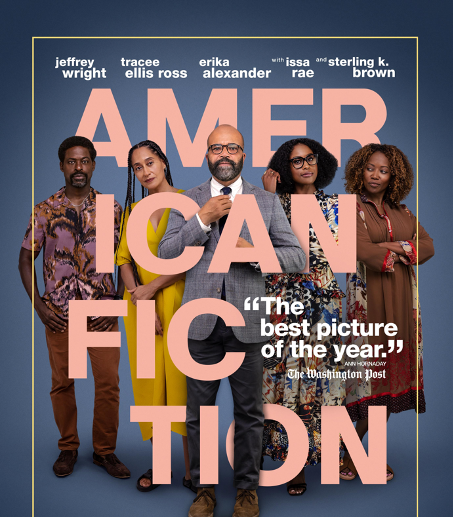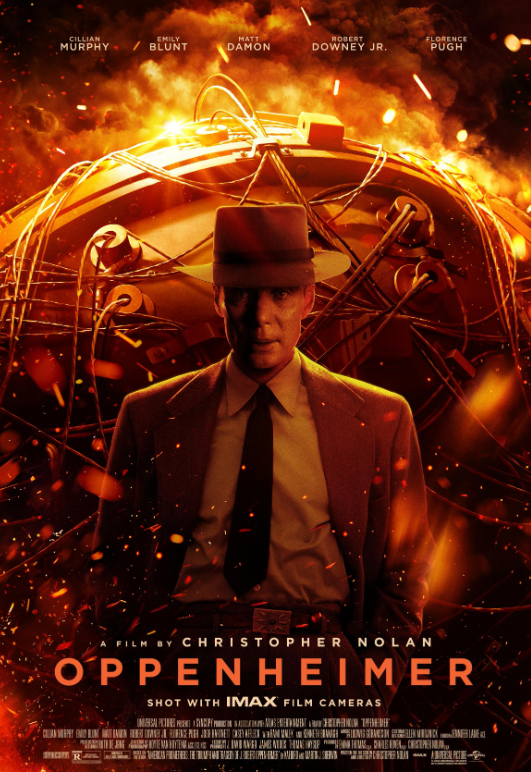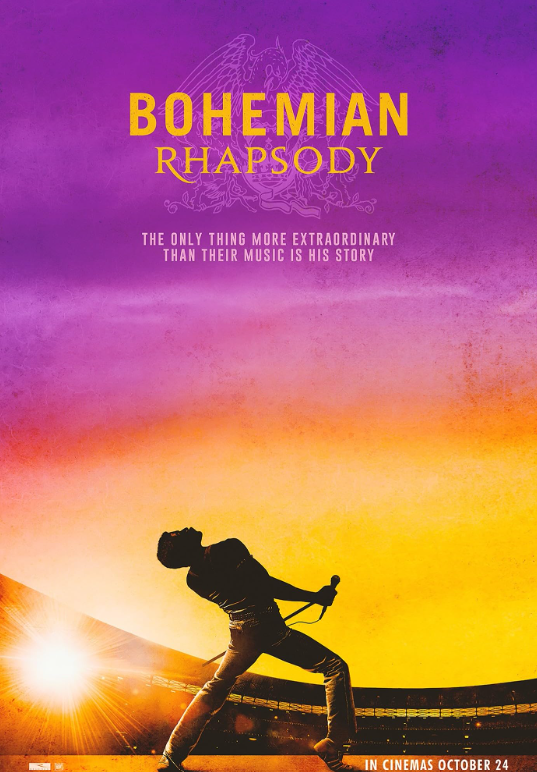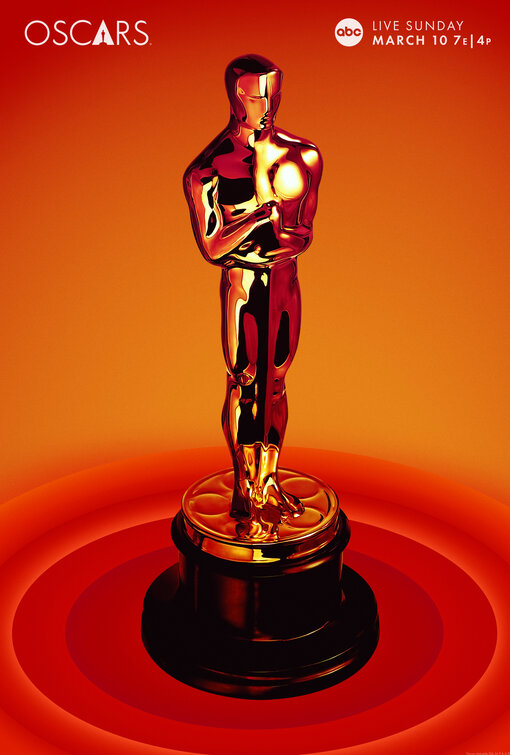Long ago, I made the conscious decision to never, under any circumstance, watch a modern-day comedy with my mother in the room. If I can’t bear the thought of her presence during a romantic Disney Channel scene, I certainly won’t plan a family night around a copy of “Pineapple Express.” Indeed, it seems the movie industry is currently tailored for a culture that is enthralled by raunchy, unfiltered vulgarity.
But is Hollywood approaching the line between comedy and poor taste, or have they already crossed it? Does our society’s infatuation with the profane have a negative impact on the quality of films being produced for the public? Or is it merely a reflection of a more socially educated people finding humor in the things we now know to be unacceptable?
Film did not always use this tactic to elicit laughs, nor did they have to. Comedians used an enormous variety of good-natured humor, distinct from the offensive. Look at Charlie Chaplin’s silent film career, for example. Primarily in the 1920s and 30s, Chaplin became a comedy icon with his physically humorous character, “The Tramp.” Even more recently, after audio graced the filmmaking process, films like “Monty Python and the Holy Grail” used silly wit, clever wordplay and men pretending to be horses to generate humor.
Many of the popular films of the past ten years, however, seem to have the intent of one-upping each other in outrageousness. “Superbad” (2007), “Stepbrothers” (2008), and, most recently, “This is the End” (2013), won over the hearts of critics and audiences everywhere by making light of the grotesque. Littered with sexual innuendo, drug references, crude language and overt racist and sexist jokes, to watch these movies in a social vacuum would not give the observer a flattering view of our culture.
But perhaps this phase is just a cinematic experiment that we will grow from before moving on. This is supported by the fact that largely the same actors continue to play most of these roles, and they won’t be around forever. Jonah Hill, James Franco, Seth Rogen, Michael Cera and Will Ferrell comprise a shortlist of actors who have turned this sub-genre into an empire.
Moreover, none of these actors’ talents end at tactless comedy. They have all proven their abilities playing a wide range of other characters. Franco played a love-struck British warrior in the 2006 drama “Tristan & Isolde,” Rogen showcased his soft side when he suffered from a failed marriage in “Take this Waltz,” and so on.
Another promising thought is that blue humor doesn’t rule the entire market. There are plenty of subtler comedies made for audiences that prefer more wholesome entertainment for their Saturday night viewing pleasure. Actors like Ben Stiller, Emma Stone, Will Smith, Tina Fey and many others frequently appear in movies that are both smart and refined. “Elf,” “Napoleon Dynamite,” “Date Night” and “Identity Thief” are among many recent films that do not call upon obscenity to entertain. Or, at least, they do in tasteful doses.
But why do audiences find vulgarity so amusing in the first place? Today’s society puts considerable emphasis on the acceptance of people of all backgrounds. Improved civil rights for people of varying race, ethnicity, gender, sexual orientation, health, education and social class are at a historical best, and continue to progress even further. Positive messages of equality are being preached from schools, companies and cities everywhere. Additionally, places that have yet to reach this understanding are almost always subject to ferocious backlash from vocal people fighting for this equality.
I wonder if people have become so acquainted with the idea of equality that hearing someone say otherwise creates a shocking, uncomfortable thrill. It is as if audiences are laughing out of disbelief at how bold the joke was, more so than the joke itself. With so much significance placed on political correctness, it is human nature to be entertained by someone who completely disregards societal norms. In a larger context, this vulgar comedy might actually be serving as an ironic self-reflection of modern social values.
Although I would still rather not watch “Anchorman” with my mom, that doesn’t mean there is no value to be found in lowbrow humor. Like any period in film, this age of impropriety will likely be replaced. But comedy will always push boundaries and blur the lines on what is acceptable, and that’s a good thing. Because when it stops, so will the laughs.
Until then, relax and let yourself enjoy a few good fart jokes.
Denise O’Brien can be reached at [email protected].








